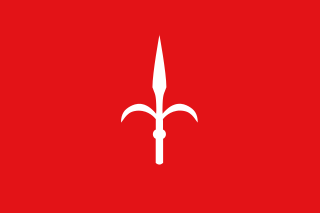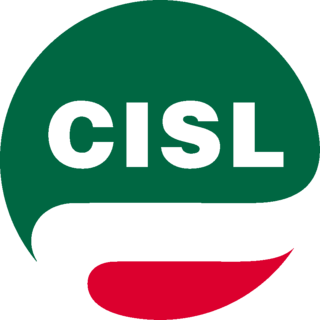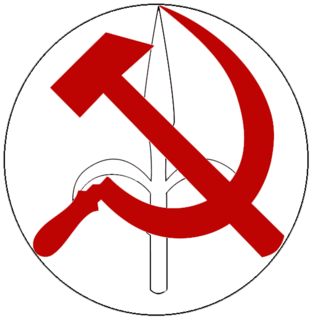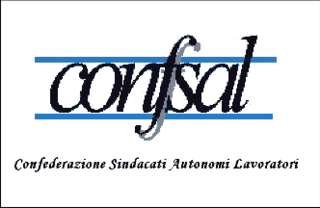| Founded | May 8, 1945 |
|---|---|
| Date dissolved | 1956 |
| Members | 68,500 |
| Affiliation | WFTU |
| Key people | Ernesto Radich, Emilio Semilli |
| Country | Free Territory of Trieste |
The United Trade Unions of the Free Territory of Trieste (Italian : Confederazione dei sindacati unici del Territorio libero di Trieste, abbreviated SU Slovene : Zveza enotnih sindikatov Svobodnega tržaškega ozemlja, abbreviated ES), initially called the United Trade Unions of the Julian March (Italian : Sindacati unici della Regione Giulia, Slovene : Enotnih sindikatov Julijske krajine), was a trade union confederation in the Free Territory of Trieste. The confederation was politically connected to the Communist Party of the Free Territory of Trieste (PCTLT/KPSTO). [1]

Italian is a Romance language of the Indo-European language family. Italian, together with Sardinian, is by most measures the closest language to Vulgar Latin of the Romance languages. Italian is an official language in Italy, Switzerland, San Marino and Vatican City. It has an official minority status in western Istria. It formerly had official status in Albania, Malta, Monaco, Montenegro (Kotor) and Greece, and is generally understood in Corsica and Savoie. It also used to be an official language in the former Italian East Africa and Italian North Africa, where it plays a significant role in various sectors. Italian is also spoken by large expatriate communities in the Americas and Australia. In spite of not existing any Italian community in their respective national territories and of not being spoken at any level, Italian is included de jure, but not de facto, between the recognized minority languages of Bosnia-Herzegovina and Romania. Many speakers of Italian are native bilinguals of both standardized Italian and other regional languages.
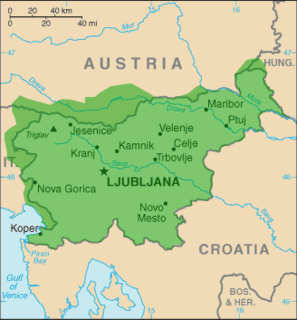
Slovene or Slovenian belongs to the group of South Slavic languages. It is spoken by approximately 2.5 million speakers worldwide, the majority of whom live in Slovenia. It is the first language of about 2.1 million Slovenian people and is one of the 24 official and working languages of the European Union.
A trade union, also called a labour union or labor union (US), is an association of workers in a particular trade, industry, or company created for the purpose of securing improvement in pay, benefits, working conditions or social and political status through collective bargaining and working conditions through the increased bargaining power wielded by creation of a monopoly of the workers. The trade union, through its leadership, bargains with the employer on behalf of union members and negotiates labour contracts with employers. The most common purpose of these associations or unions is "maintaining or improving the conditions of their employment". This may include the negotiation of wages, work rules, complaint procedures, rules governing hiring, firing and promotion of workers, benefits, workplace safety and policies.



